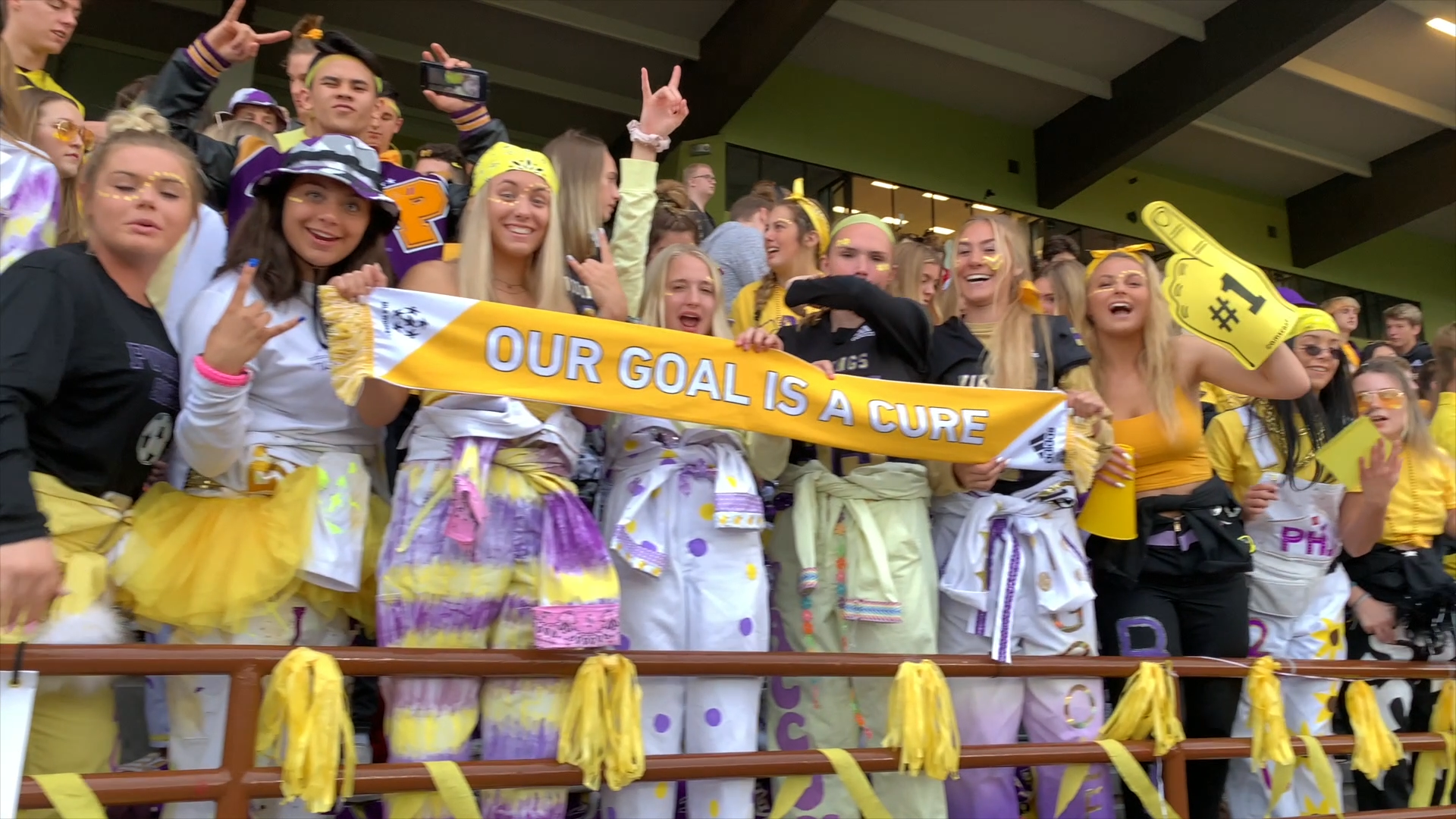How’s Your Sleep Game
If teens need eight to 10 hours of sleep, then I just came up eight hours short.
When it comes to sleep, I, like many others my age, see sleep as an optional thing; it’s something you do if you have time, and recently I’ve had none.
I’ve been dealing with my slumber deficiency fairly well, I haven’t missed any school and the most notable complication I’m dealing with is passing out as soon as I get home.
But upon a recent procrastinatory venture on the internet I was rather dismayed to find out that there are more than just a few downsides to missing sleep.
After we wake up, our body starts to use energy to propel us through our day. A by-product of the energy creation and use is adenosine. Adenosine is neural transmitter, one of the chemicals in our brain that allows us to function that essentially determines how tired we are.
So throughout the day, while we’re producing all this power to get us moving, the level of adenosine in our blood is slowly rising, (Quick side note: caffeine works by blocking our brain from taking up adenosine which is why after caffeine wears off we’re even more tired and crash.) because of the build up of unused adenosine.
When we rest, our need for energy goes down and less adenosine is produced allowing for the brain to effectively filter it out of our blood. Then, when we wake up the levels have dropped allowing us to be awake and alert.
This means when we don’t have enough sleep, we have higher levels of adenosine in our blood causing a constant drowsy sleepy feeling. Now that we have a basic understanding of how sleep works, it’s time to address the more important part, what does lack of sleep really do to our bodies?
When you don’t sleep, a couple big things happen. First, loss of awareness, decreased function of memory, and increased stress hormones. These may not seem like the end of the world for some people, but it’s the endurance of symptoms like these that can lead to much worse conditions.
After a prolonged period without sleep, or with less than recommended sleep, your blood pressure will go up along with more stress hormones. If one does not address these issues they can lead to serious complications like heart attack and stroke. Sleep seems more important now doesn’t it.
What’s even scarier is odds are, you aren’t getting enough sleep as it is because of the slew of sleep myths out there. Many people believe that adults need less sleep, that is true to an extent. On average adults need one hour less than the standard issue teenagers eight to 10 hours. That means adults still need seven to nine hours to be healthy. Studies have also shown keeping your smart device next to you while you sleep can impact how deep of a sleep you fall into, lowering the quality of sleep you get.
But I am a teenager.
I use my phone.
I procrastinate.
I nap and screw up my sleep schedule.
And the old me would say, “That’s not gonna change; there’s plenty of time to sleep when you’re dead.”
The new me says, “That’s gonna change; there’s plenty more time to live when you don’t die from a heart attack at 40.”
Even though I want to change, it’s been hard. School doesn’t help when it gives me copious amounts of homework every night, but I wouldn’t lay my blame there. I’m usually the architect of my own deprivation; I stay up until witching hour just to make sure I’m caught up on all my shows or to finish a project I put off until the night before.
So that’s where I’m starting, with me. I’ve been better about homework as of recent and I have tried to limit Netflix consumption or at least confine it to evenings or afternoons.
I certainly feel the change more in the mornings, I actually have the energy to get up a little early and make a lunch instead of the usual wake up, realize you have 15 minutes to get ready and pray you’ll make it into Limric’s on time. And throughout the day I feel quite a bit more aware and it leaves me wondering how I did for so long without this miracle drug called sleep.
I’d like to make a compromise with those who want to better their sleep agenda but don’t think they can pull eight to 10 hours every night, don’t wanna give up their phone and want to keep their Netflix recommended fresh. Going through high school a perfect sleep schedule is not possible, but you can do better. Schedule nights you foresee going late to help with you with workflow and to get it done quicker.
If you sleep with your phone in the room maybe make sure it’s on silent and leave it on your dresser instead of in your bed.
And for those with an addiction to the subscription, try your best to give yourself to a time limit or an episode limit (and as a personal tip, disable autoplay).
A flawless sleep schedule is unrealistic in this day and especially with our age, but you can feel better and do better by doing little things that help in big ways.
Your donation will support Viking Student Media and the content we create. Your contribution will allow us to purchase equipment and cover our annual costs, including website hosting, printing the newspaper and yearbook, and purchasing new equipment.

Leo Quale is a junior staffer who joined after taking a sophomore journalism course. As the current Op/Ed editor he enjoys speaking his mind as well as...






